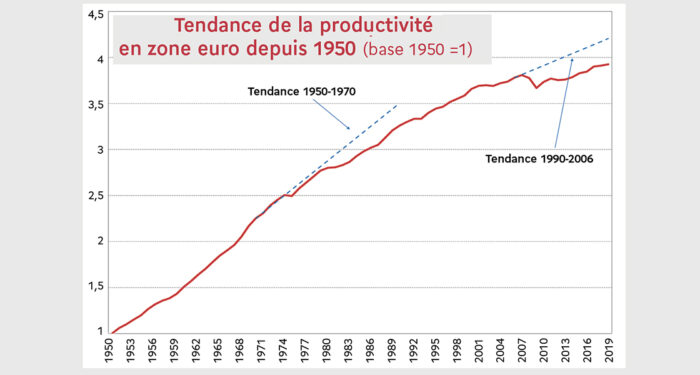The Asian Crisis : A Victory for America ?
Last January Futuribles published an article which minimized the impact of the financial crisis in Asia. Its authors explained that after a phase of “instable adjustment”, a new dynamic of growth was foreseeable.
François Raillon disputes this point of view. He first revisits the causes of the crisis to show that beyond strictly financial and monetary factors, it is in reality the “Asiatic model” which is thrown into doubt.
He shows that two forces are opposing each other in the Pacific region. One is American liberalism, expressed by the International Monetary Fund, the other by the apostles of an Asiatic model founded on symbiotic relationships between the State and the market. These relationships are perceived as virtuous, but they are also ambivalent, hostile to an equitable free exchange.
Concentrating on the case of Indonesia, the author denounces the perverse effects of IMF interventions. At the same time, though, he underlines how much the lack of solidarity among the Asiatic countries has made these countries vulnerable to the risk of liberalism without rules.
Finally, he underlines that the “Asiatic model” is itself in doubt, its future depending on the establishment of a new equilibrium between market forces and government intervention on one hand, and on the other, the capacity of the countries in the region to form a bloc within ASEAN.
Cet article fait partie de la revue Futuribles n° 231, mai 1998



